Recently, VietNamNet published an article reflecting on the long-standing debt situation of basic construction investment at the People's Committee of Chu Se district, forcing many businesses to write petitions for help.
Faced with this situation, Mr. Dinh Huu Hoa, Deputy Director of the Department of Planning and Investment of Gia Lai province, shared regulations related to public investment in the area.
Land auction without buyer no payment
Mr. Hoa said that in basic construction investment, the main source of capital is taken from land use fees. Every year, the province and district estimate the amount of money collected from land use in the following year to plan the capital allocation for projects, after which payment will be made.
According to Mr. Hoa, regarding land use fees, this is an estimated amount. In favorable years, it is easy to solve, but in difficult economic times, it is unpredictable. If there are no buyers for land auctions, there will be no money to pay the contractor. "Only the land use source is often in short supply like this, other sources are always sufficient," Mr. Hoa said.
Answering the question of whether the investor can approve the project to be put out for bidding and construction without sufficient capital, the Deputy Director of the Department of Planning and Investment of Gia Lai province said that, in principle, if there is no decision on capital allocation but the project is approved, it is against the regulations. When bidding, one of the important steps is to appraise the capital source. When there is a decision on capital allocation, the project will still be implemented normally.
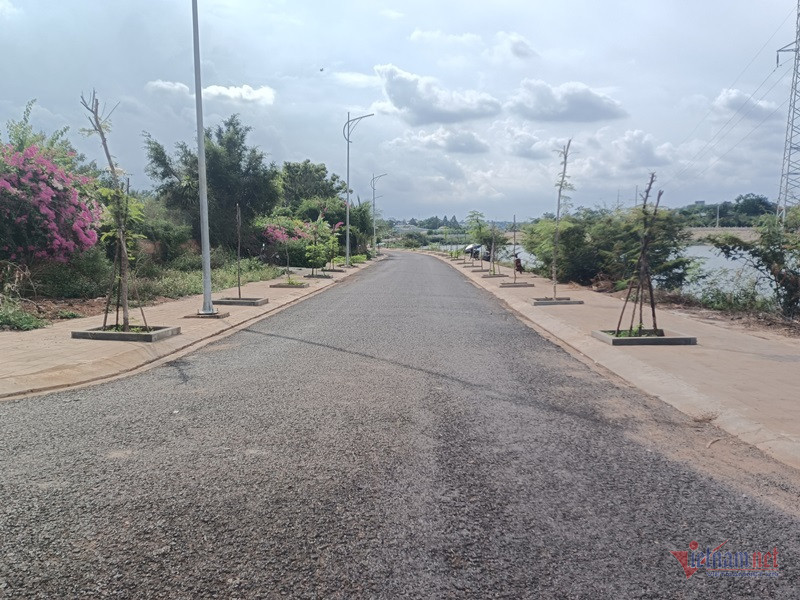
“After the project is completed, the lack of revenue from land use fees to pay will lead to debt. This is the district’s capital, the province does not dare to let such a situation happen,” Hoa informed.
According to him, Gia Lai province had previously owed a series of similar projects. After learning from experience, the capital allocation decision must clearly state: "It can only be implemented when there is capital provided by the Department of Finance" to avoid debt.
Arrange other sources to pay for businesses
Talking about the solution to limit public debt, the Deputy Director of the Department of Planning and Investment of Gia Lai province shared that the view is that if the land use fee is allocated, then the investment will be as much as possible, if there is no more capital, then that's it, no more capital will be allocated, no more new investment, priority will be given to debt repayment first. If there is still outstanding debt and continuing to allocate new investment is against the regulations.
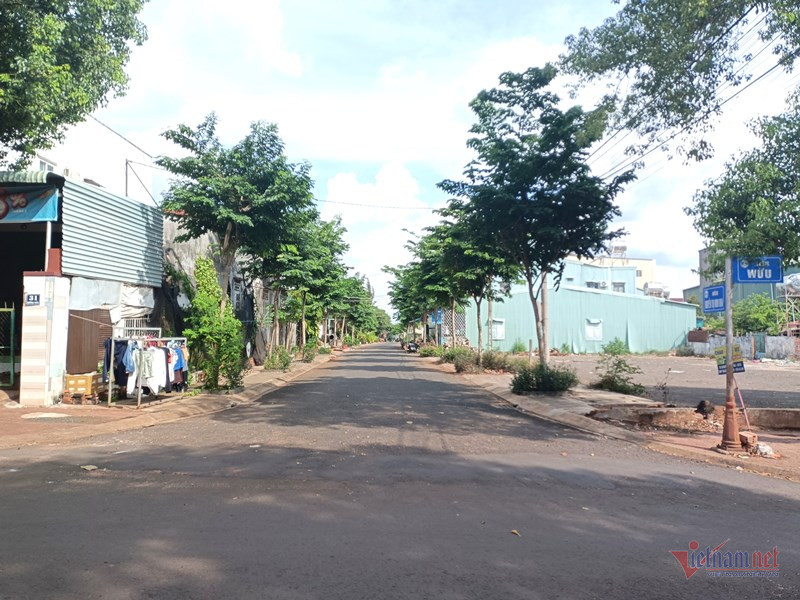
The Deputy Director of the Department of Planning and Investment of Gia Lai also requested that the districts focus on prioritizing debt repayment. The Finance Department must advise the District People's Committee to adjust capital sources to resolve the issue. If there is no land use fee, it must be balanced and arranged from other sources to pay the enterprise according to the law.
“Every year, when capital is allocated for public investment or there is money to increase revenue, priority must be given to debt repayment and other payments, and only the remaining amount can be allocated for new investment.
It is impossible to arrange new investments while debt still exists, except in cases where that capital cannot be arranged for other activities," the Deputy Director of the Department of Planning and Investment of Gia Lai emphasized.
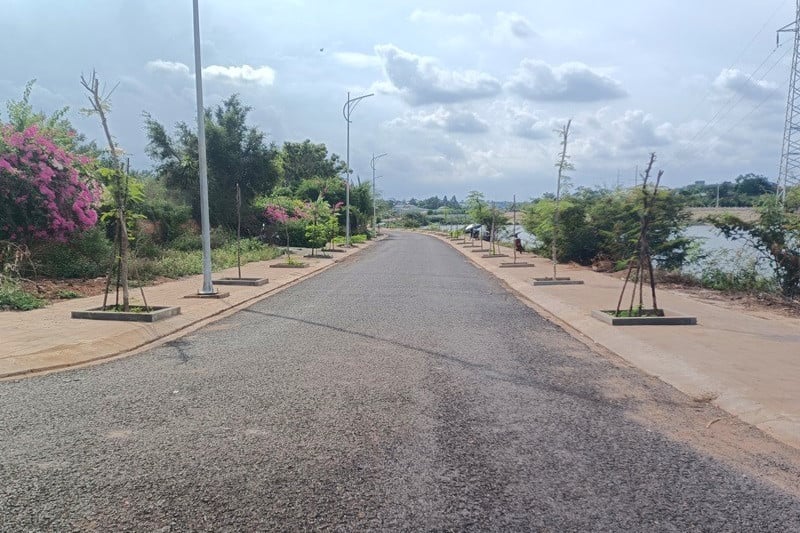
Many businesses 'call for help', revealing unbelievable public debt at a project management board
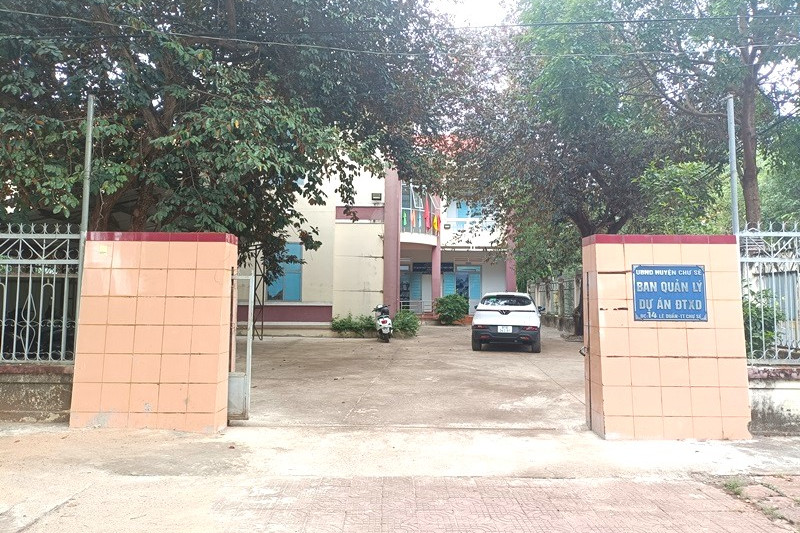
Many businesses 'call for help', threaten to sue because the district does not pay construction debt
Source: https://vietnamnet.vn/nhieu-doanh-nghiep-bi-huyen-no-tien-ty-so-kh-dt-noi-phai-uu-tien-tra-no-2285607.html



![[Photo] Keep your warehouse safe in all situations](https://vphoto.vietnam.vn/thumb/1200x675/vietnam/resource/IMAGE/2025/10/1/3eb4eceafe68497989865e7faa4e4d0e)
![[Photo] President of the Cuban National Assembly visits President Ho Chi Minh's Mausoleum](https://vphoto.vietnam.vn/thumb/1200x675/vietnam/resource/IMAGE/2025/10/1/39f1142310fc4dae9e3de4fcc9ac2ed0)


![[Photo] Hanoi morning of October 1: Prolonged flooding, people wade to work](https://vphoto.vietnam.vn/thumb/1200x675/vietnam/resource/IMAGE/2025/10/1/189be28938e3493fa26b2938efa2059e)




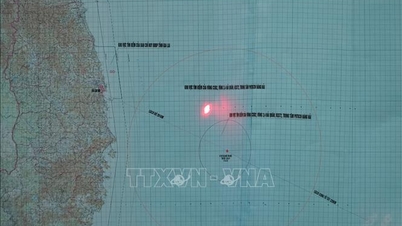

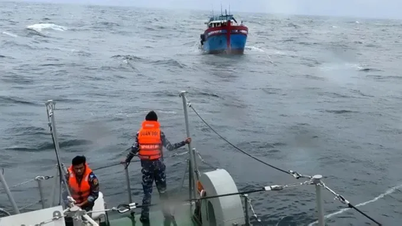


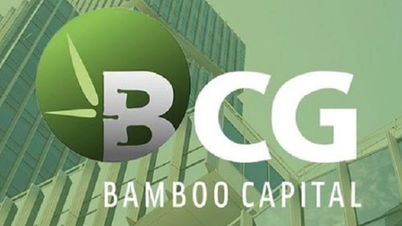

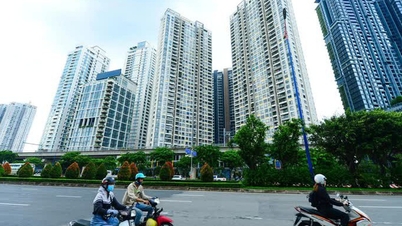

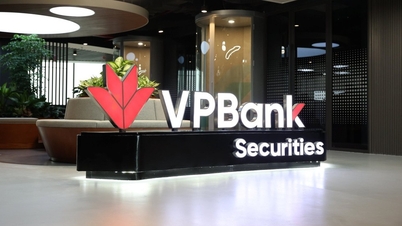
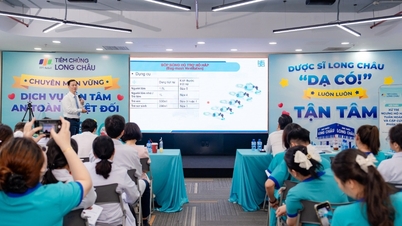

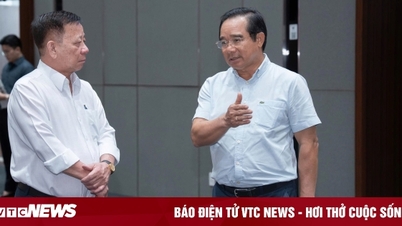

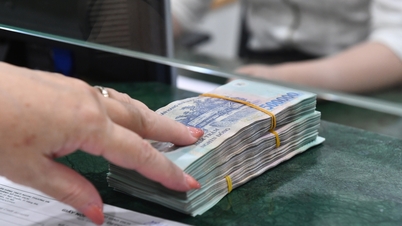






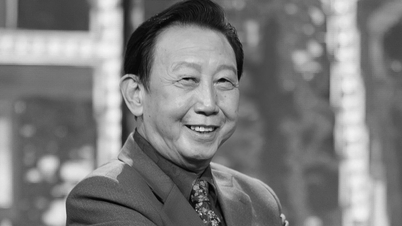


































































Comment (0)